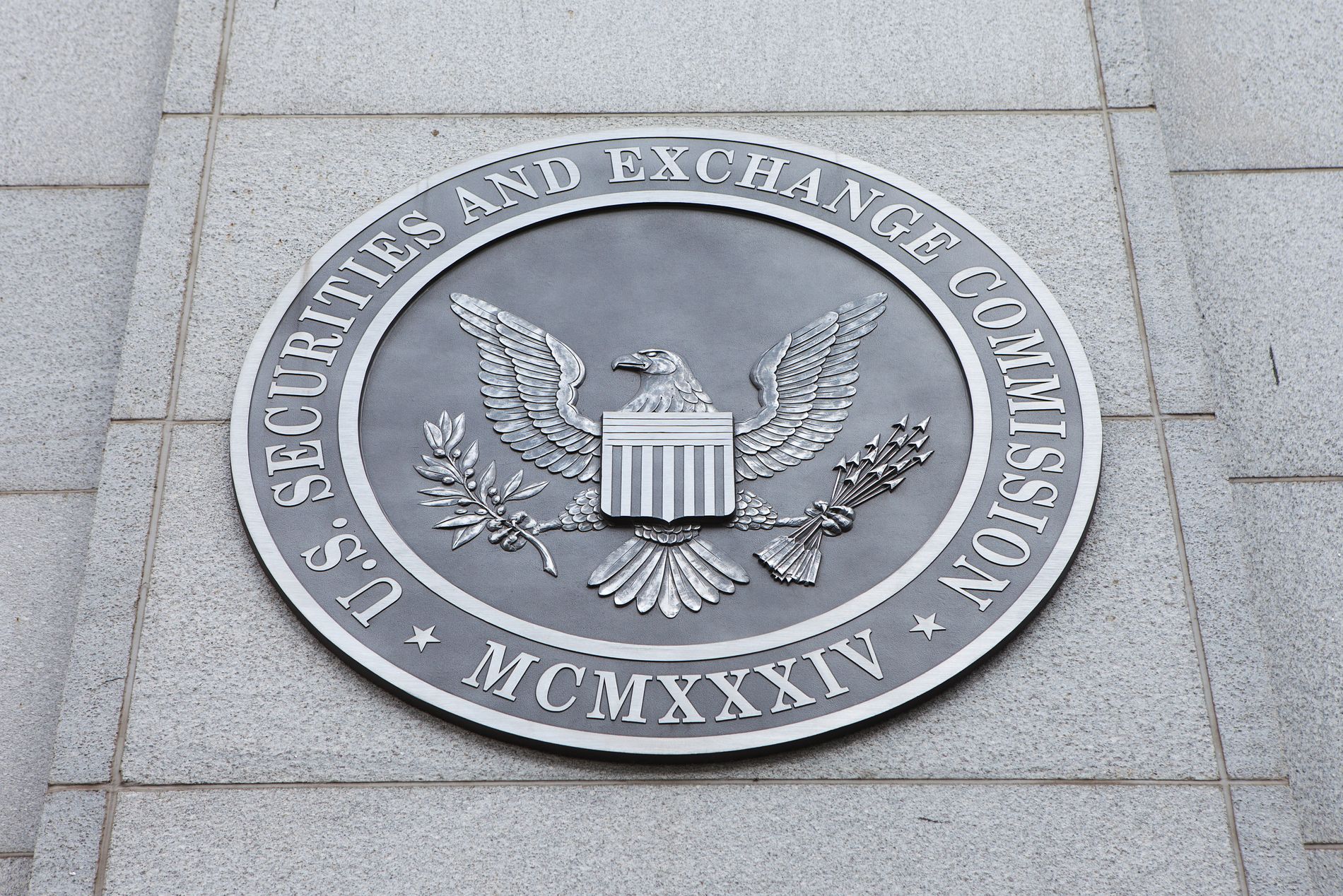
To date, the U.S. is lagging behind other nations regarding staking policies. Recently, staking has gained attention from Congress, being recognized as a priority by the SEC’s new crypto task force, and is under debate through a bipartisan letter challenging the SEC’s stance on including staking in exchange-traded products (ETPs).
Many in the digital asset sector welcomed the approval of the first spot ether ETFs last September, a critical advancement for the second-largest cryptocurrency, marking a significant recognition by U.S. regulators. However, one key aspect has been missing: the ability to stake these held assets for profit.
A group of bipartisan lawmakers, including Senators Cynthia Lummis, Kirsten Gillibrand, Steve Daines, Bill Hagerty, Thom Tillis, Bernie Moreno, and Ron Wyden, are advocating for changes. They recently sent a letter to the SEC, urging the organization to reconsider its directive against staking protocol in ETPs. They argue that this exclusion may jeopardize investor protections and impair U.S. market competitiveness.
The SEC’s ban on staking in ETPs stems from misunderstandings regarding staking’s nature on proof-of-stake networks like Ethereum. Staking functions as a foundational requirement for transaction security and validation on these networks, facilitating decentralized rewards, not arising from central authority control.
International Competitiveness
The SEC’s directive to sidestep staking within ether ETPs raises significant issues concerning the U.S.’s competitive position in global digital asset markets. While the U.S. hesitates, nations such as Switzerland, Canada, Germany, and Australia have incorporated staking in their ETPs, recognizing its vital role in stabilizing operational essentials.
Moreover, staking is crucial for securing proof-of-stake networks. If holders do not stake their ether, the assets within these ETPs become vulnerable, creating a paradox where American investors rely on assets held in foreign markets for protection.
The consequences of these regulations extend beyond Ethereum, also affecting potential future ETPs from other proof-of-stake networks like Solana, Avalanche, and Polkadot. As the digital asset sector continues to expand, the negative consequences of this regulation will heighten.
Inaccurate regulations disadvantage U.S. investors while putting the economy at risk. Investors either settle for domestic products lacking staking benefits or look for offshore options, diverting capital away from U.S. exchanges.
This economic reality diminishes U.S. products’ attractiveness to investors. Alarmingly, it contrasts with the SEC’s mission of investor protection, potentially compelling investors towards international products outside the safeguards provided by U.S. regulations.
As we eagerly await the SEC’s response to pressing queries raised by Congress, American investors find themselves at a significant disadvantage. A balanced approach acknowledging staking as a technical measure for network security while ensuring proper oversight within regulated products is necessary.
The bipartisan letter from Congress to SEC Commissioners challenges the current directive and emphasizes the essential role of protocol staking in securing digital asset ETPs. With new leadership anticipated, there’s a golden opportunity for progress on this critical issue impacting the digital asset landscape.



